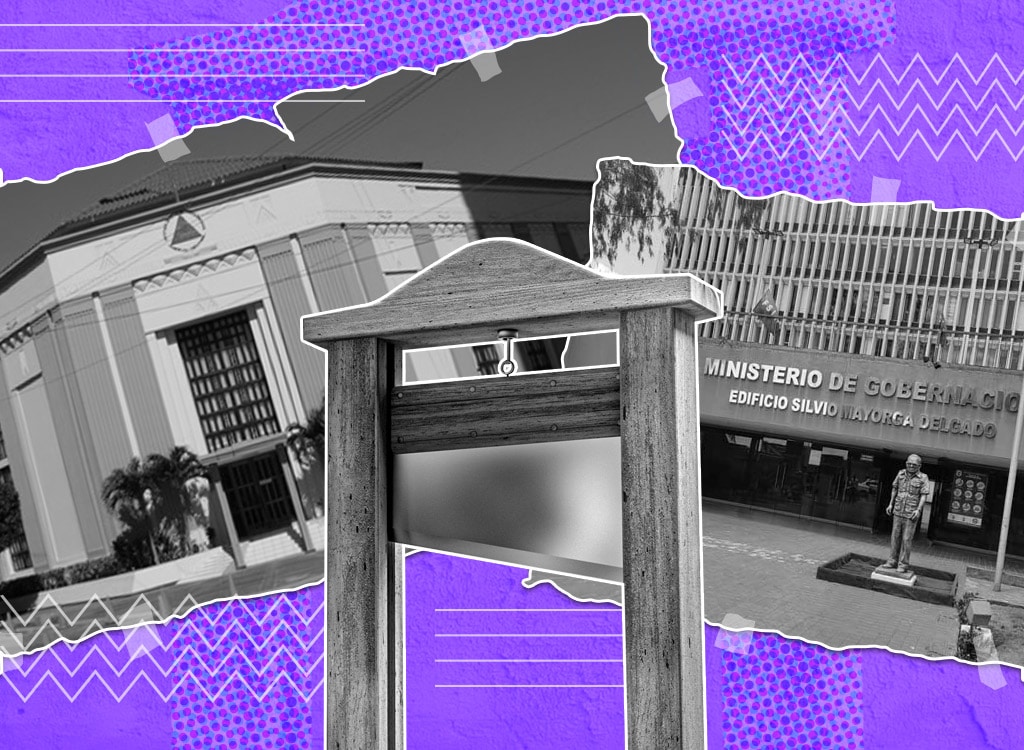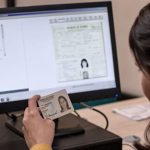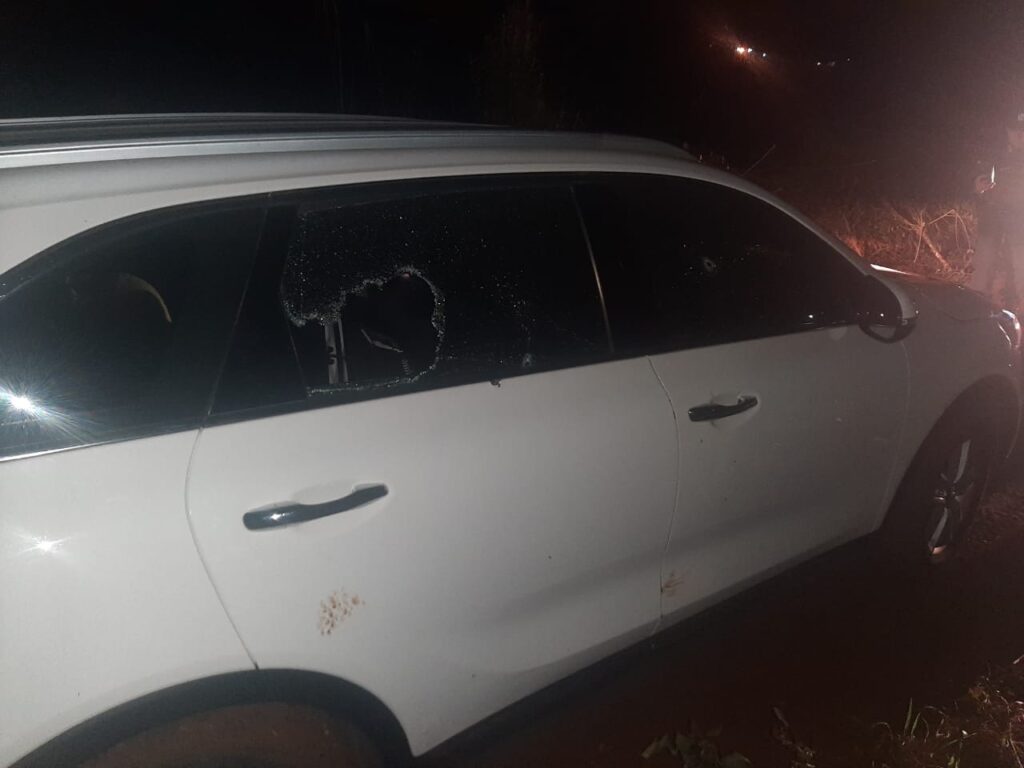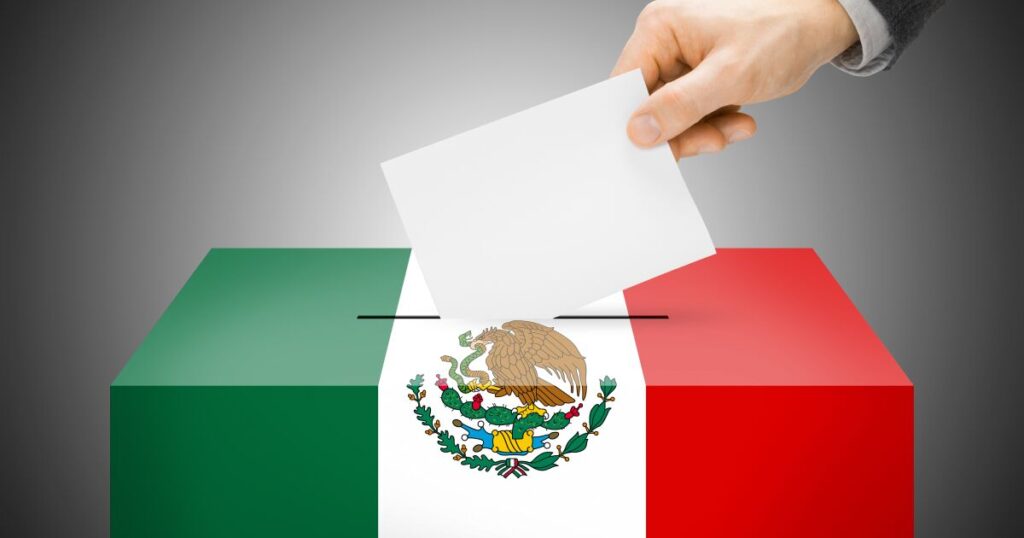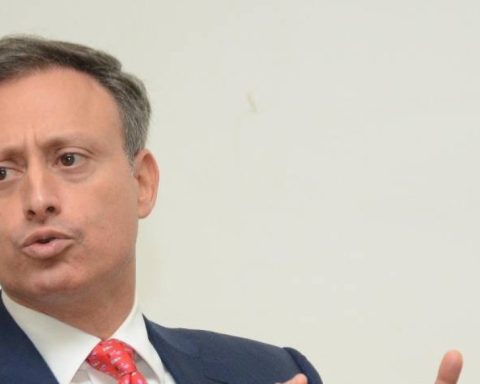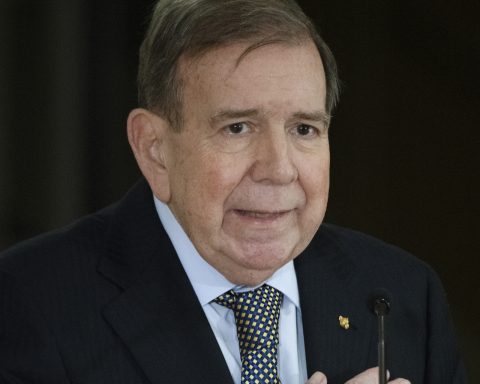The regime of Daniel Ortega and Rosario Murillo continues to sharpen its guillotine against national and international NGOs in Nicaragua, eliminating more and more organizations. In 2018, the regime canceled nine civil society organizations, accusing them of handing over their structure to “provide funds” and “destabilize” Nicaragua during the April Rebellion, which it describes as a “failed coup attempt.”
The first NGOs canceled include: Cenidh, IEEPP, Cinco, Ipade, Popol Na, Hagamos Democracia, Cisas, Fundación del Río, and the Segovias Leadership Center. In 2021, the canceled NGOs were 60, accused of failing to comply with Nicaraguan legislation. Now, in five and a half months of 2022, there are already 595 NGOs canceled under the argument of an “order” that threatens to continue liquidating many more.
In the National Assembly, controlled by Ortega, massive annulments are approved in plenary every other week without debate.
Filiberto Rodríguez, president of the Peace, Defense, Governance and Human Rights Commission of the National Assembly, is the one who signs most of the annulment requests, citing three reasons: to prevent Non-Profit Organizations (NPOs) from being used for acts such as the alleged “coup d’état” of 2018; address alleged recommendations of the Financial Action Task Force (FATF) against money laundering, and regulate that all organizations comply with Nicaraguan laws.
However, the sweep of NGOs has alerted national and international human rights defenders, who see a reduction in civic space and an advance by the Executive to obtain more control over the repressed Nicaraguan society, which since 2018 has lived under a de facto police state. .
The Ortega deputy alleges that it is not a “witch hunt” nor are they “against non-profit organizations.” His job, he says, is to verify that the associations do not deviate from their objectives and abide by the law, while Ortega accuses the NGOs of “laundering money” and distributing it to “develop terrorist, destabilizing activities”.
“We already have laws for that, and we have information on how laundering has been done for years, and still until recently thousands of thousands of dollars flowing there to sow terror,” Ortega said in March 2021, without presenting any evidence. Less than two months later, the Government and the Prosecutor’s Office launched a hunt against the Violeta Barrios de Chamorro Foundation, to remove its former president Cristiana Chamorro from the electoral contest, and lead a new persecution against independent journalism in the country.
In June 2021, a CONFIDENTIAL investigation revealed that the NGOs faced bureaucratic obstacles from the Ministry of the Interior (Migob), to comply with all legal requirements; a kind of slow death, they denounced. That was the prelude to massive cancellation.
One year after the lethargy of paperwork, the Ortega regime has accelerated the extinction of the organizations, which the Nicaraguan Center for Human Rights (Cenidh) – annulled in 2018 – qualifies as “a crime” that violates the constitutional right to freedom of association and harms the population.
The Office of the United Nations High Commissioner for Human Rights (OHCHR), headed by Chilean Michelle Bachelet, warned in a May report that, “so far in 2022, there has not been a month in which the National Assembly do not massively cancel these organizations. The most critical period is being experienced, ”she summarized.
The Inter-American Commission on Human Rights (IACHR) also condemned the massive closure of organizations and demanded that the State “cease all types of persecution against persons and organizations that exercise legitimate and democratic activities for the defense and promotion of civil, political, economic rights. , social, cultural and environmental.
Between 2019 and 2020, the regime closed five civil society organizations, which was barely noticed by public opinion, while attention was focused on a package of repressive laws, which in 2021 facilitated the arrest of the main opposition leaders and the start of of the dismantling of NGOs.
But the repressive avalanche deepens in 2022. The regime has not discriminated between NGOs, closing organizations, foundations and institutions that were dedicated to development projects. Also those that promoted women’s entrepreneurship, educational, religious, charitable, child protection, artistic, medical and cultural.
Three laws as an instrument of repression
Lawyers consulted by CONFIDENTIAL They agree that the current stage is the result of the legal scaffolding fabricated to “legalize” the cancellation of NGOs, fulfilling the alerts raised after the approval of spurious laws.
In each decree requesting the dispossession of legal personality, the Ortega deputies cite the report sent by the head of the General Directorate of Registration and Control of Non-Profit Organizations of the Migob, Franya Urey Blandón, which indicates that the organizations violate three laws : the new Law 1115, for the Regulation and Control of Non-Profit Organizations; Law 977, Against Money Laundering, the Financing of Terrorism, and the Financing of the Proliferation of Weapons of Mass Destruction, and Law 1040, Regulation of Foreign Agents.
Law 1040, approved in October 2020, was immediately questioned for criminalizing the work of organizations through foreign financing, and the obligation to register as a “foreign agent”, segregating Nicaraguans, because it violates their political rights. .
The lawyer and representative of Penal Action, Boanerges Fornos, points out that Law 1040 was designed to “control civil society organizations and eventually close them,” as is happening. In addition, it allows giving an “appearance of legality” to cancellations of legal personality, but maintains that any action based on this “is not valid”.
Ortega also accuses the associations of violating Law 977, for not reporting financial statements according to fiscal periods with detailed breakdowns: income, expenses, trial balance, details of donations (origin, provenance and final beneficiary). Thus, Deputy Rodríguez assures that, once the request for cancellation reaches the Assembly, “there is a lot of foundation.”
“We have the files, we have all the work that the Government does, and we have the evidence that, if that (organization) has violated Law 1115 and Law 977, which is the anti-money laundering law,” he asserts. But the ruling party has never shown any evidence to support it, while in the third week of June the number of NGOs canceled exceeded 190.
For Fornos it is not possible that so many organizations can be eliminated with generic arguments. The correct procedure would be to carry out a case-by-case analysis and determine the deadlines that the NGOs have allegedly missed and verify if it is due to a matter of the organizations or due to obstruction by Migob, as several former directors of canceled NPOs have denounced.
“The arbitrary closure of more than 350 (669 between the end of 2018 and mid-June 2022) Non-Profit Organizations does not respond under any circumstances to the requests or demands of the Financial Action Task Force (FATF) or to what is stipulated in its 40 recommendations”, warns the lawyer, Martha Patricia Molina. Nor does he consider that it is part of an “internal legal system”, and rather ensures that it is “a matter of dictatorial politicking praxis” in a system where “the law of the strongest prevails and always against the natural or legal person who dares to request respect for their rights,” he explains.
Molina adds that the Ortega regime is using the FATF to legalize the confiscations of NGOs, despite the fact that the Constitution prohibits it.
The last link in the repressive scaffolding against organizations was closed by the National Assembly on March 31, 2022, with the urgent approval of the new General Law for the Regulation and Control of Non-Profit Organizations (NPOs).
The legal body, which prohibits the NGOs from carrying out political proselytism and promoting “destabilization campaigns”, also legalizes the confiscations of the organizations, warns Molina. At the same time, it grants Migob the power to intervene, suspend and request the cancellation of an NGO.
Since its entry into force, on May 6, the decrees of cancellation of organizations indicate that the NGOs violate the new law, which implies that they are using it retroactively and to the “detriment” of the associations that were created by virtue of Law 147, General Law on Non-Profit Legal Entities, repealed by Law 1115.
For Fornos, what they seek is to create a “discretionary legal framework to cancel legal status.” Molina adds that the new law does not fill the legal gaps that existed, but rather makes it easier to “criminalize NPOs.”
“The organizations were already operating with various accountability mechanisms towards the donor, towards the State and towards the beneficiaries. The parameters established in the Regulations of the Ministry of the Interior and with the money laundering law were complied with, ”he explained.
For OHCHR, the new law “contains vague or ambiguous regulations that would open the way to excessive discretion or arbitrariness by the authorities.” In its May report, the international agency questioned whether the law leaves the suspension or cancellation of organizations to administrative and legislative decisions, and not judicial ones. It also warned that it does not establish procedures for “challenge before an independent authority.”
None of the canceled organizations has had the right to reply or complain.
Regime goes for absolute control of NGOs
According to the Ortega deputy, Filiberto Rodríguez, in Nicaragua there are more than 2,000 “associations that are there, that are inoperative, that are not working, that have not been updated, that are headless, they do not have a board of directors, the assemblies are lost. , they do not have the financial report…”. The figure is equivalent to 25% of the 8,220 NPOs that would exist in Nicaragua.
In the massive cancellation of NGOs, some peculiarities have stood out, such as the confiscation of assets and the creation of new state universities after the cancellation of five private universities.
Also when it canceled the Nicaraguan Spanish Association, the Terraza Club Association, the Nejapa Country Club Association, the Chinandega Country Club and the Cocibolca Equestrian Center Association (Asoceco), which it sealed with the creation of a Special Law for the change of Regime of Legal Entities, granting ninety days for their transfer to commercial companies, arguing that they carried out commercial activities.
According to Fornos, this last measure is a “mechanism to exercise greater control and whoever does not want to submit to that control and blackmail, cancel it and seize their assets,” he considers.
Carlos Guadamuz Hernández, defender of the Nicaraguan Human Rights Collective Never Again, calls the regime’s arguments to close the NGOs “excuses”, while – he said – it makes persecution a state policy.
